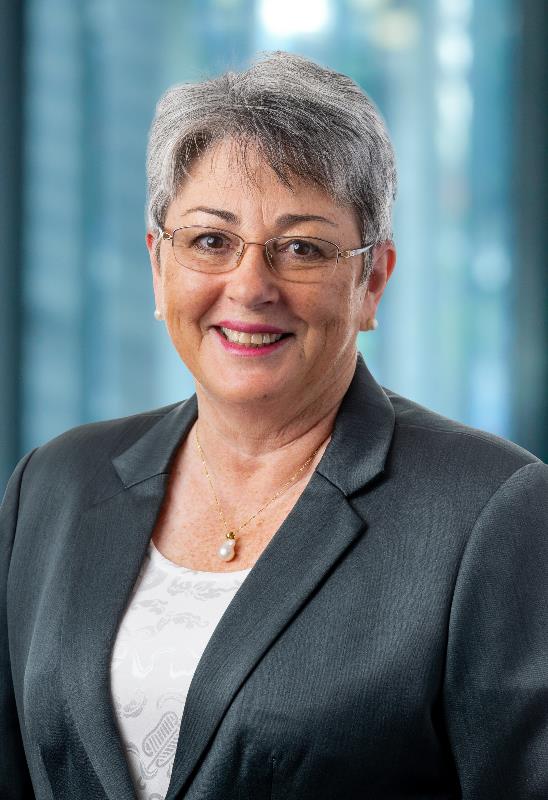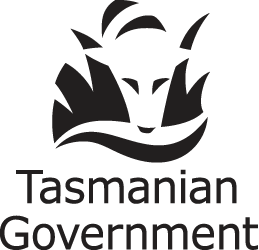An Independent Review into the Tasmanian Education System was announced by the Minister for Education, Hon Jo Palmer on Monday 24 June 2024.
The review was led by Ms Vicki Baylis, an independent, experienced and well-respected Australian educator.
Read the report:
The review’s Final Report was released on 22 January 2025.
The review is now closed. The review is grateful to the inspirational children and young people who met with the review, all those who submitted responses to the consultation activity and completed the survey, and to the schools and services that took the time to meet with the review and share their context.
Terms of reference
Objectives
Tasmania’s education system has a critical role to play in ensuring Tasmanian children and young people gain the skills they need to lead their best lives and fully contribute to our community and economic future.
The Tasmanian Liberal Government wants a Tasmanian School System that:
- Implements evidence based whole of school practices and pedagogy that leads to improved student educational outcomes and behaviour;
- Delivers high quality teaching that is evidence based and meets the needs of students at all levels;
- Effectively utilises resources to improve student outcomes and attract and retain a high quality workforce;
- Contributes to the State’s productivity by supporting a highly skilled local workforce to assist local businesses and industry to grow and compete; and
- Is accountable for improved student outcomes, including in remote and rural areas.
Scope of the review
The review included government and non-government school sectors with a focus on Kindergarten to Year 12.
The review was tasked with focussing on five themes:
- Defining educational success
We need to ensure that our education system has clearly agreed objectives that are transparently reported. What does success look like after the formal years of schooling in the Tasmanian context and how do we better encourage our young people to aspire to achieve? - Strengthening supports and engagement for all learners at all stages of their education
How can we collectively support Tasmanian learners to get the most out of their entire education experience and ensure all students reach their potential? - Outcomes at the conclusion of the formal years of schooling
Noting the specific challenges that emerge as young people progress through schooling; how can we improve attendance, retention, attainment and student outcomes to better support choice of learning and career pathways? - Support for our teaching workforce
How do we attract, support and develop teachers and school leaders to be effective and successful practitioners who can confidently deliver high quality, evidence based teaching that meets the needs of students at all levels? - Accountability for improved outcomes
How do we ensure that policy initiatives are implemented and resources are used to improve learning outcomes? This review will take into account relevant past and current reviews and policy initiatives.
Meet the Independent Reviewer
Vicki Baylis started her career as a classroom teacher and school principal in North Queensland, Australia.
She then became Executive Director within the Queensland Department of Education, responsible for all government schools in the North Queensland Region.
In 2010, Vicki transitioned to the Northern Territory Department of Education, where from 2016 she was Chief Executive.
Vicki has also served on the governing body of James Cook University; was chair of the Australian Education Senior Officials Committee (AESOC); chair of the Aboriginal Torres Strait Islander Education Advisory Group to AESOC and is currently Board Chair of Education Services Australia.
Her expertise includes the practical and pragmatic implementation of evidence-based approaches at scale.

